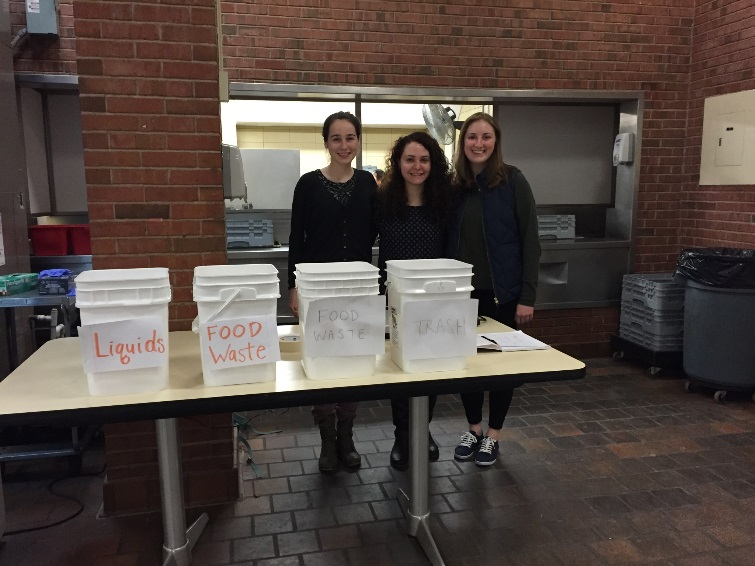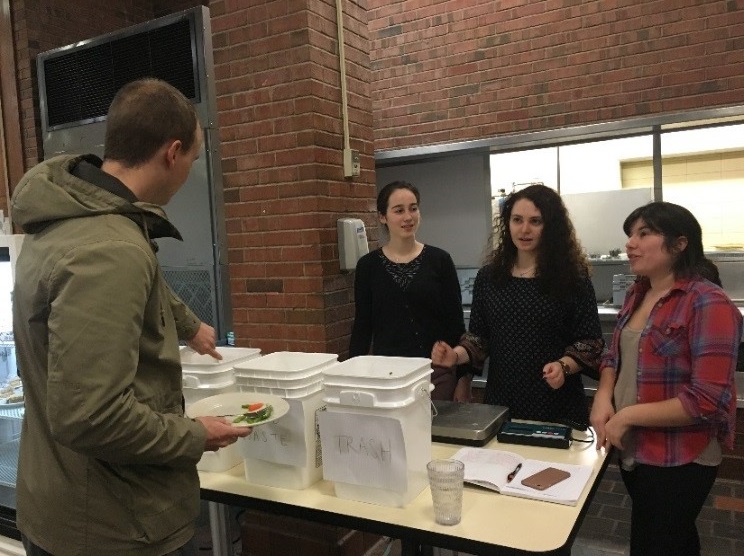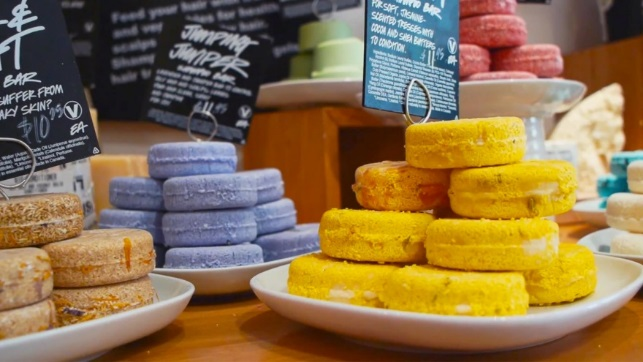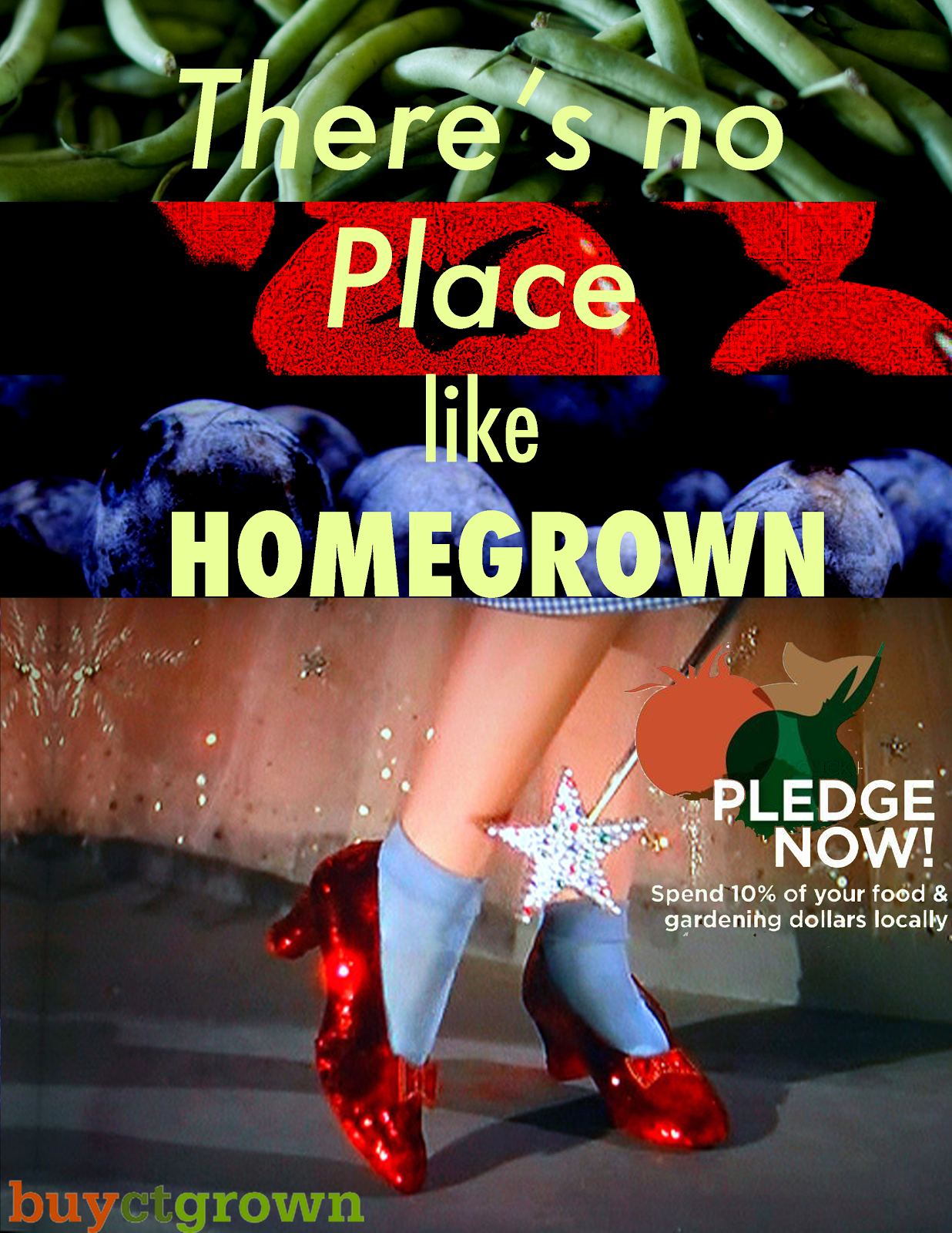 Ever think the “clean plate club” was just your parents’ invention to make you eat your vegetables? Well, think again! Finishing all of the food on your plate is actually a great way to minimize not just your carbon footprint, but also your methane footprint. When food sits in a landfill, it breaks down and produces methane, which is an incredibly potent greenhouse gas, even worse than carbon. Shockingly, nearly 40% of all the food in the United States goes to waste, which has a huge impact on the environment.*
Ever think the “clean plate club” was just your parents’ invention to make you eat your vegetables? Well, think again! Finishing all of the food on your plate is actually a great way to minimize not just your carbon footprint, but also your methane footprint. When food sits in a landfill, it breaks down and produces methane, which is an incredibly potent greenhouse gas, even worse than carbon. Shockingly, nearly 40% of all the food in the United States goes to waste, which has a huge impact on the environment.*
In an effort to get students to be aware of the sheer quantity of post-consumer food wasted at UConn, EcoHusky conducts food waste studies each spring. For one week, student volunteers go to a selected dining hall over the course of four dinners, Monday through Thursday. This year, the study was conducted in Putnam Dining Hall during the week of February 1st, where a total of 256 pounds of food waste and 135.6 pounds of liquid waste were collected. This is a 61% drop in food waste from last year’s study in South Dining Hall where 660 pounds were collected, but this can be attributed to the fact that significantly less students eat at Putnam compared to South given its size and location.
One of the most exciting parts of the study is when students express interest in why we are collecting their leftover food, and are then both surprised and concerned when they see the amount of food waste in the buckets. On a normal day when the study is not being done, students are required to scrape the excess food from their plates into the garbage before they return them, but this is oftentimes done mindlessly without further thought as to what happens to that waste. The study does a great job in opening our eyes to how our individual and seemingly harmless everyday acts accumulate into much larger problems.
Fortunately, the Department of Dining Services here at UConn has several programs in place that effectively reduce the amount of pre-consumer food that gets thrown out. In South Dining Hall this past year they implemented LeanPath, an online, interactive program that reports on what types of food was wasted, which allows them to reconsider the quantities of food that are ordered. To learn more about LeanPath or to try it out yourself, visit http://www.leanpath.com/. Dining Services also conducts a “Perishable Food Sweep” at the end of every semester. The food that would otherwise spoil over the course of the intersessions is collected from dining halls and is brought to the Covenant Food Kitchen in Willimantic. With efforts on both the pre- and post-consumer sides of the food consumption chain, it’s important for all of us to consider what we are putting on our plates and how we manage our food. As the saying goes, “Take what you want, but EAT what you take.”
*Food and Agriculture Association
-Adrianna
 So the Supreme Court’s decision was a huge victory for the climate deniers and a major setback for the rest of us. Below are links to two of the many recent articles and opinion pieces about the SCOTUS’s ruling.
So the Supreme Court’s decision was a huge victory for the climate deniers and a major setback for the rest of us. Below are links to two of the many recent articles and opinion pieces about the SCOTUS’s ruling. Conservative Republicans who control the U.S. Senate, mostly representing states that are still heavily dependent on cheap and dirty coal for generating electricity, are threatening to block approval of any nominee advanced by President Obama. Meanwhile, the more progressive West Coast and Northeastern states, like Connecticut, which have long since transitioned away from coal, might actually stand to gain an economic advantage through the enactment of the CPP. Our state and others are joining EPA in the legal defense of the CPP and would like to see the President appoint a climate realist to SCOTUS, sooner rather than later.
Conservative Republicans who control the U.S. Senate, mostly representing states that are still heavily dependent on cheap and dirty coal for generating electricity, are threatening to block approval of any nominee advanced by President Obama. Meanwhile, the more progressive West Coast and Northeastern states, like Connecticut, which have long since transitioned away from coal, might actually stand to gain an economic advantage through the enactment of the CPP. Our state and others are joining EPA in the legal defense of the CPP and would like to see the President appoint a climate realist to SCOTUS, sooner rather than later.


 Savers, Salvation Army, UConn Buy or Sell: all of these shopping arenas are second-hand stores where you can find clothing, couches, chairs, tables, glasses, cookware, and even old Backstreet Boys CD’s.
Savers, Salvation Army, UConn Buy or Sell: all of these shopping arenas are second-hand stores where you can find clothing, couches, chairs, tables, glasses, cookware, and even old Backstreet Boys CD’s.